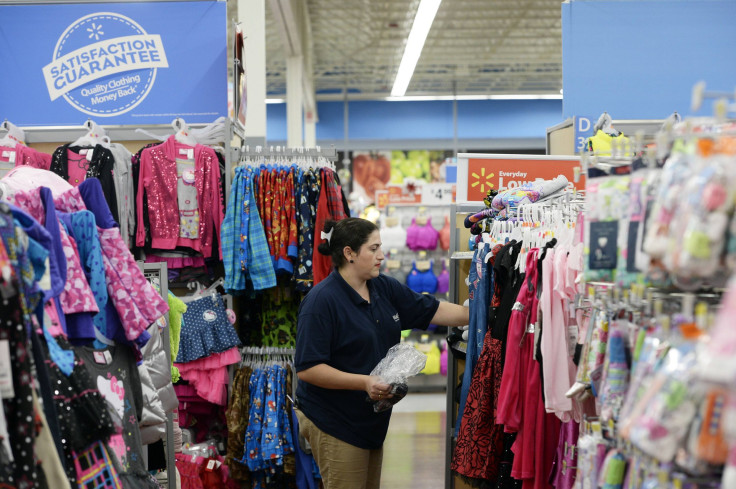Among American Workers, Anxiety Over Jobs Highest Since 1970s; More Than Two-Thirds Worried About Economy

Four years after the tumultuous slide into the Great Recession, the United States’ economy is crawling its way back to stability. But American workers have yet to fully recover, as more than six out of every 10 Americans worry they could lose their job, according to a new Washington Post-Miller Center poll.
As income inequality continues to widen, the once hopeful lower class — roughly those earning less than $35,000 per year — now reflects a more unique brand of doubt. Where people in decades prior entered the job market straight out of high school, secure employment now demands the degree pipeline extend to college. The shrinking middle class gets pushed to the fringes: those with well-paying jobs enjoy greater security and comfortable wages, while the less educated portions drift toward the bottom rungs, where insecurities and fear dominate.
“The American Dream I always was told about in school was you work hard, you study hard, and you’ll be able to do whatever you want to do,” David Borck, 29, who lost his $7,000-a-month job as an overseas military contractor this year during sequestration, told the Washington Post. “But now you’re given things for doing nothing, and you get nothing for working.”
According to the recent poll, Borck’s skepticism is shared by many. Based on a representative sample of 1,509 respondents, the survey reports a full 73 percent of people are “dissatisfied” with the country’s current economic situation. In terms of the relative ease or difficulty of obtaining health care, compared to the last few years, 64 percent said it has become harder. What’s more, 66 percent said it is harder for “people like [them]” to get ahead financially than in years prior. The unemployment rate stands at 7.3 percent, higher than it has been since 1980, excluding recessions and their direct aftermaths. And adjusting for inflation, the average household income for the poorest 40 percent of workers had dwindled by 10 percent since 2000, the Washington Post reports.
“It’s no surprise that security concerns are off the map now [among those workers] because the labor market is so bad,” said Heidi Shierholz, an economist with the Economic Policy Institute. “High unemployment hurts workers across the board, but it hurts workers with low and moderate incomes more.”
These financial woes don’t simply affect people’s day-to-day mood. They can leave lasting impressions in the brain, in the form of depression, stress, anxiety, and declining mental health. People in poverty are more likely to suffer reductions in their IQ, battle auditory processing problems, and raise children prone to ADHD (attention deficit hyperactivity disorder).
When asked whether they worry about providing for their family on their current income, people responded “Yes” 65 percent of the time, with the largest minority being 19 percent reporting that they “worry all the time.” Such mental burdens can eat away at a person’s well-being. Some 40 million Americans suffer from anxiety disorders, making them the most common mental illness in the country, according to the Anxiety and Depression Association of America (ADAA). Unfortunately, only about one-third of all sufferers will ever receive treatment.
However, recent research suggests the key to avoiding these anxious feelings may simply be to concentrate on something else. University of Liverpool researchers found that self-blame and negative thoughts may act as conduits to anxiety and depression. "We found that people who didn't ruminate or blame themselves for their difficulties had much lower levels of depression and anxiety, even if they'd experienced many negative events in their lives," said lead researcher Peter Kinderman.
This bodes well for those at an economic disadvantage, as the Washington Post-Miller Center poll showed that 65 percent of people believe “most people who want to get ahead can make it if they're willing to work hard.” American people may have doubts about the economy, but when it comes to personal achievements, they are far more optimistic. According to study co-author, Ellie Pontin, acknowledging these challenges is the first step toward conquering them.
“It's actually a really positive message and should give people hope," Pontin explained. "It can be very hard to be told your problems are because of what you have experienced in the past or your genetics, things you can't change. The way you think and deal with things can be changed.”



























